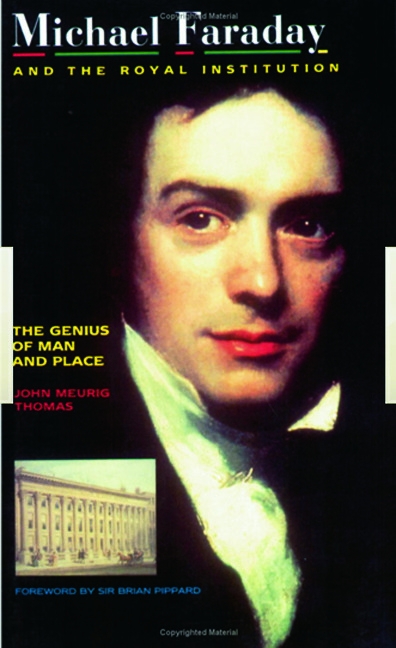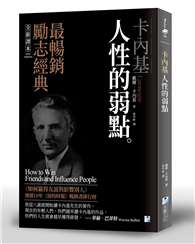A self-educated man who knew no mathematics, Michael Faraday rose from errand boy to become one of Britain’s greatest scientists. Faraday made the discoveries upon which most of twentieth-century technology is based and readers of this book will enjoy finding out in how many ways we are indebted to him. The story of his life speaks to us across the years and is a fascinating read, especially when the tale is told with the understanding and gusto that Professor Thomas-one of the UK’s leading scientists-brings to the telling.
Faraday took great trouble to make the latest discoveries of science, his own and others’, intelligible to the layman, and the tradition he fostered has been kept alive ever since, so that the Royal Institution is as well known for its contributions to education as for its research. Written in a concise, nontechnical style, Michael Faraday and the Royal Institution: The Genius of Man and Place is a human account that provides an introduction to the roots of modern science and ways in which scientists work. The book is lavishly illustrated with drawings, cartoons, photographs, and letters-many never before published. There is no similar book on Faraday that interprets his genius in modern, everyday terms, making it understandable, interesting, and exciting reading for scientists and nonscientists alike.| FindBook |
有 1 項符合
Michael Faraday and The Royal Institution: The Genius of Man and Place (PBK)的圖書 |
 |
Michael Faraday and The Royal Institution: The Genius of Man and Place (PBK) 作者:Thomas 出版社:CRC Press 出版日期:1991-01-01 語言:英文 規格:平裝 / 246頁 / 21.8 x 17 x 1.3 cm / 普通級/ 初版 |
| 圖書館借閱 |
| 國家圖書館 | 全國圖書書目資訊網 | 國立公共資訊圖書館 | 電子書服務平台 | MetaCat 跨館整合查詢 |
| 臺北市立圖書館 | 新北市立圖書館 | 基隆市公共圖書館 | 桃園市立圖書館 | 新竹縣公共圖書館 |
| 苗栗縣立圖書館 | 臺中市立圖書館 | 彰化縣公共圖書館 | 南投縣文化局 | 雲林縣公共圖書館 |
| 嘉義縣圖書館 | 臺南市立圖書館 | 高雄市立圖書館 | 屏東縣公共圖書館 | 宜蘭縣公共圖書館 |
| 花蓮縣文化局 | 臺東縣文化處 |
|
|
圖書介紹 - 資料來源:博客來 評分:
圖書名稱:Michael Faraday and The Royal Institution: The Genius of Man and Place (PBK)
|











